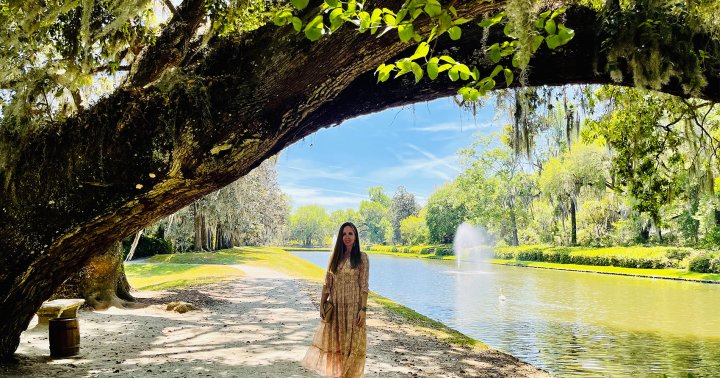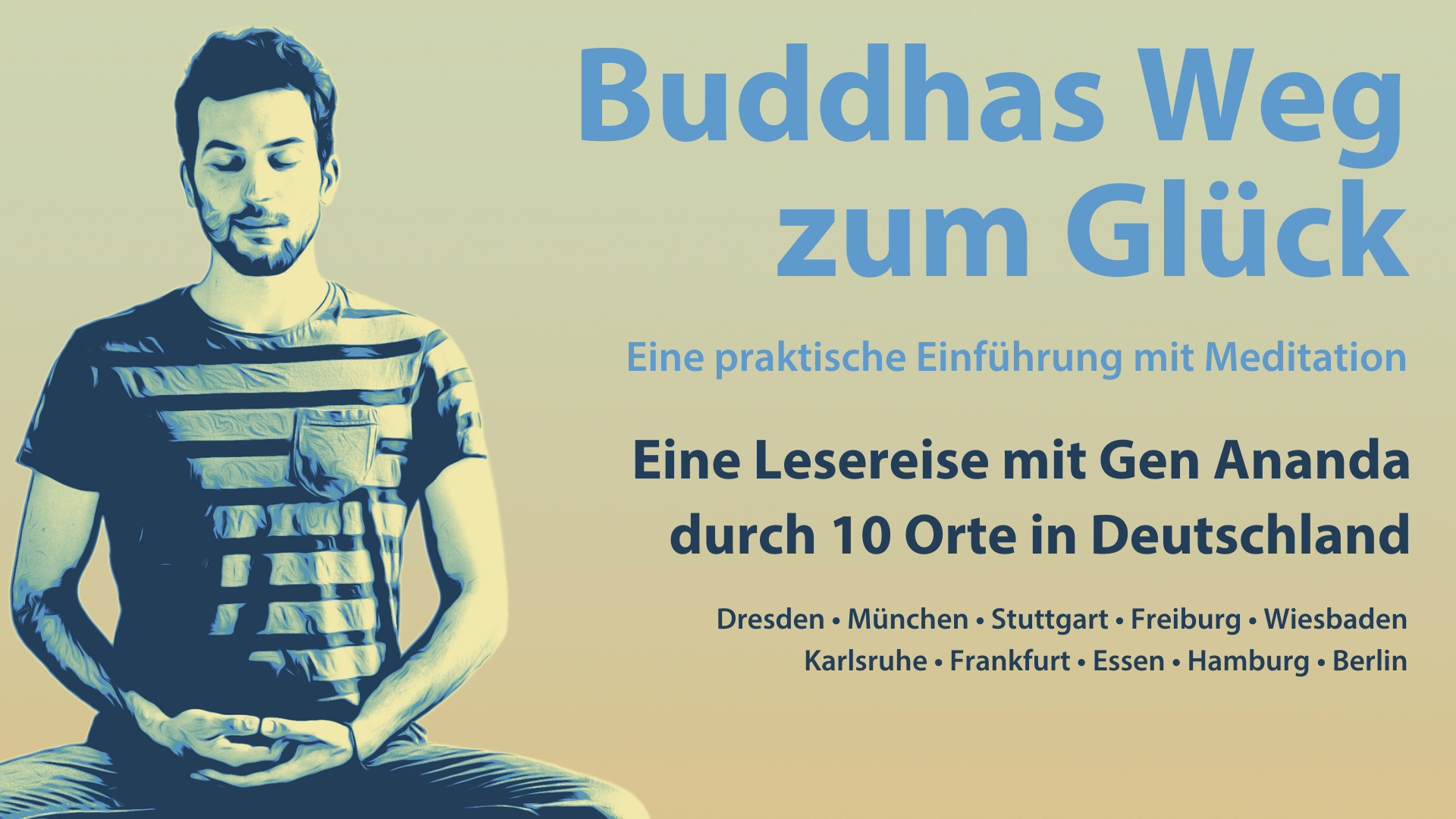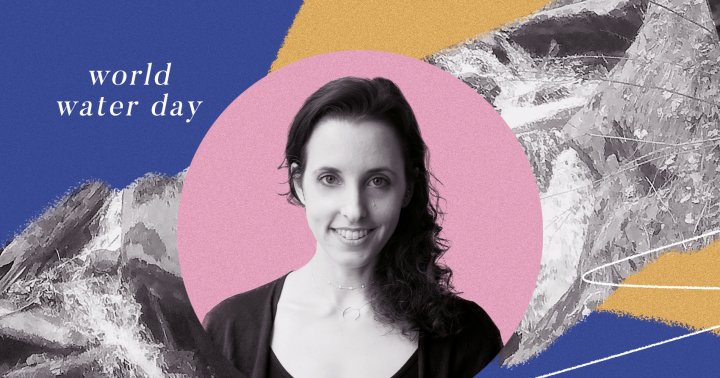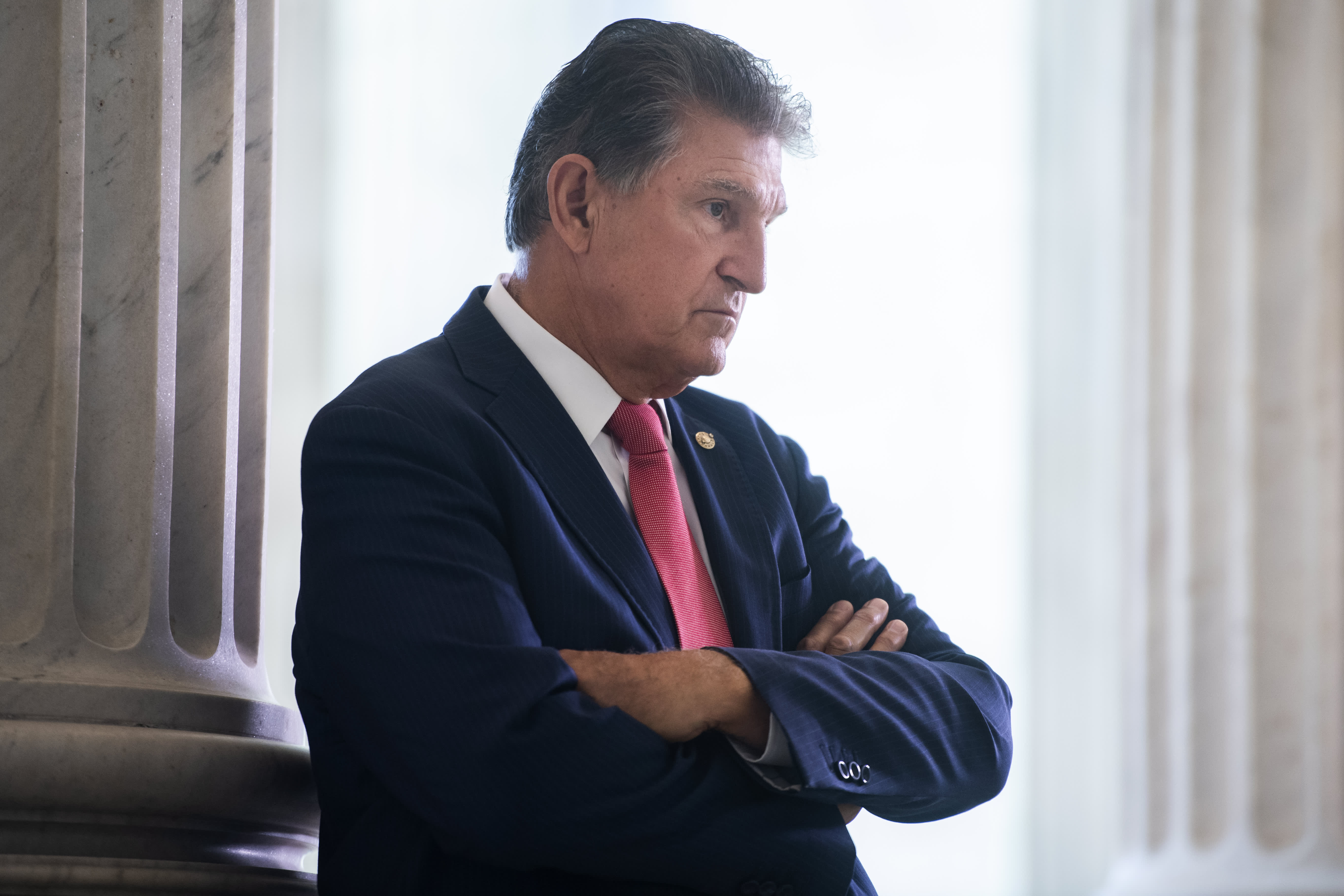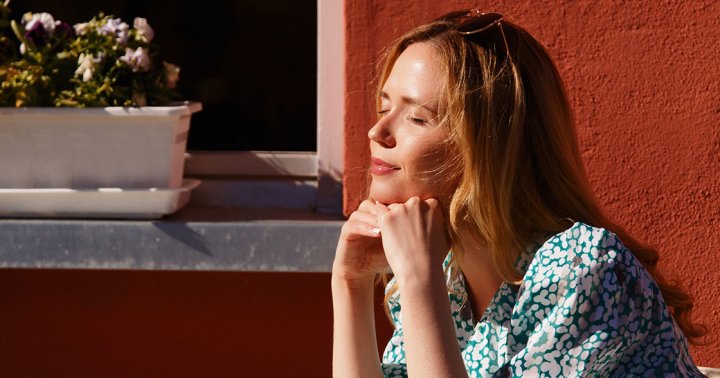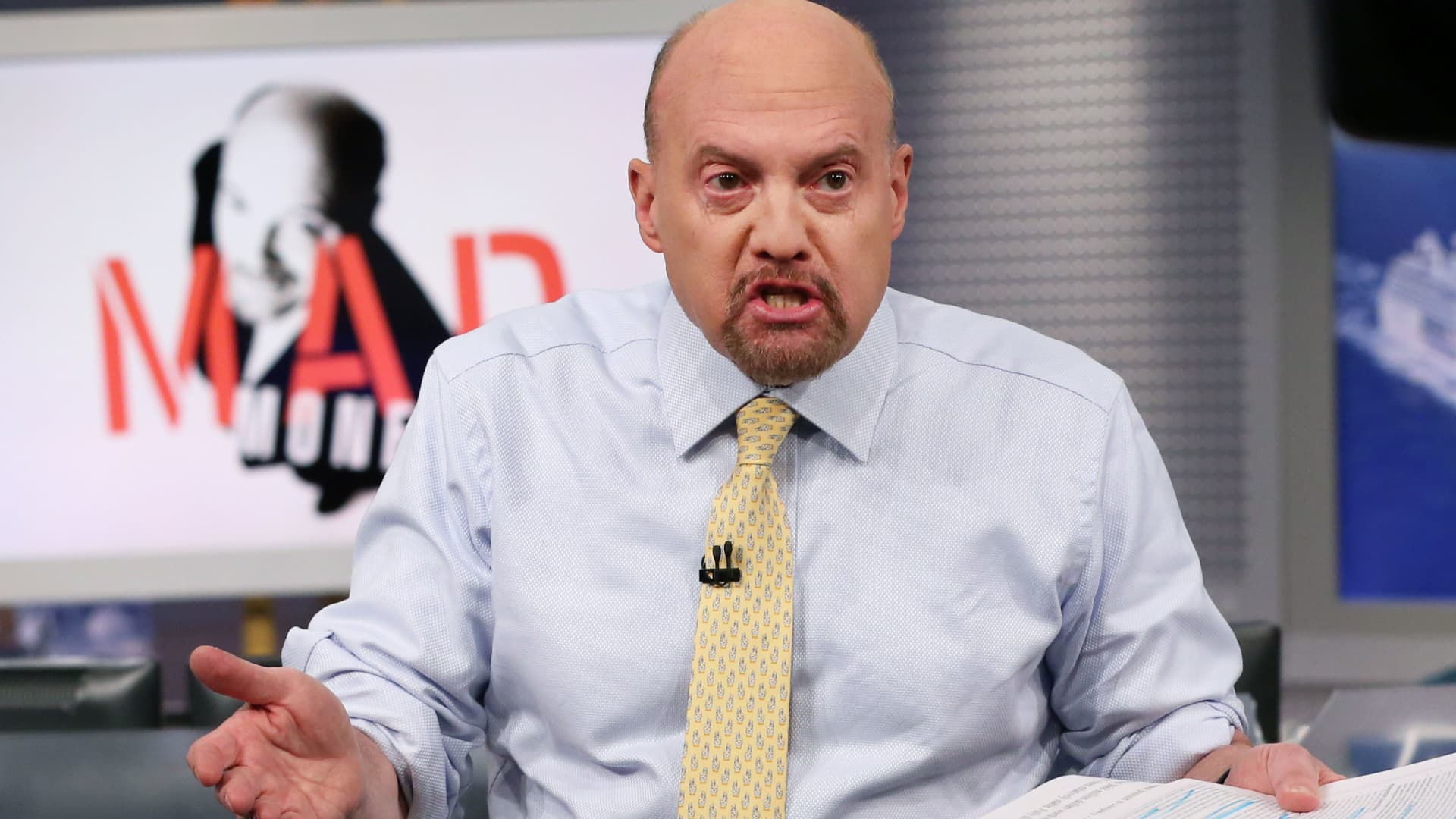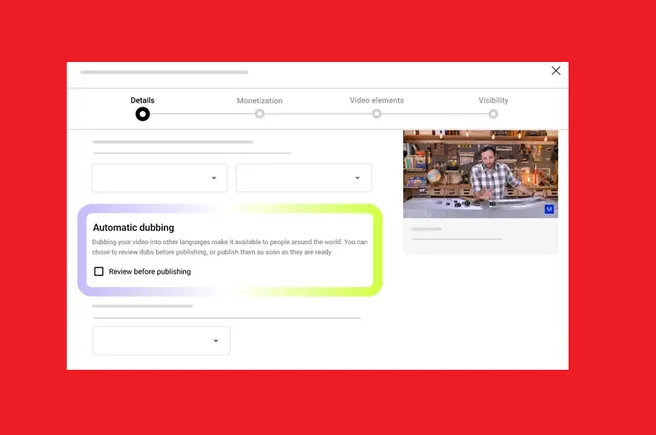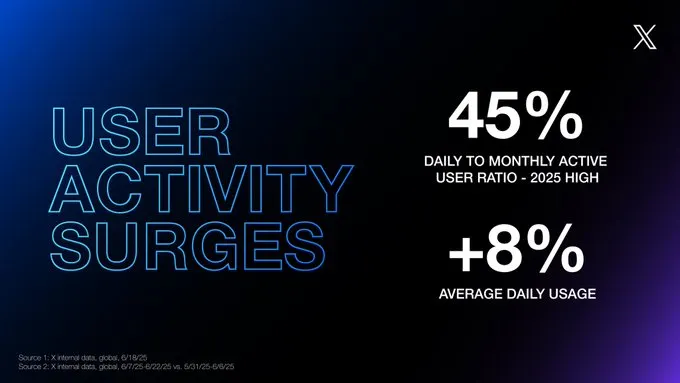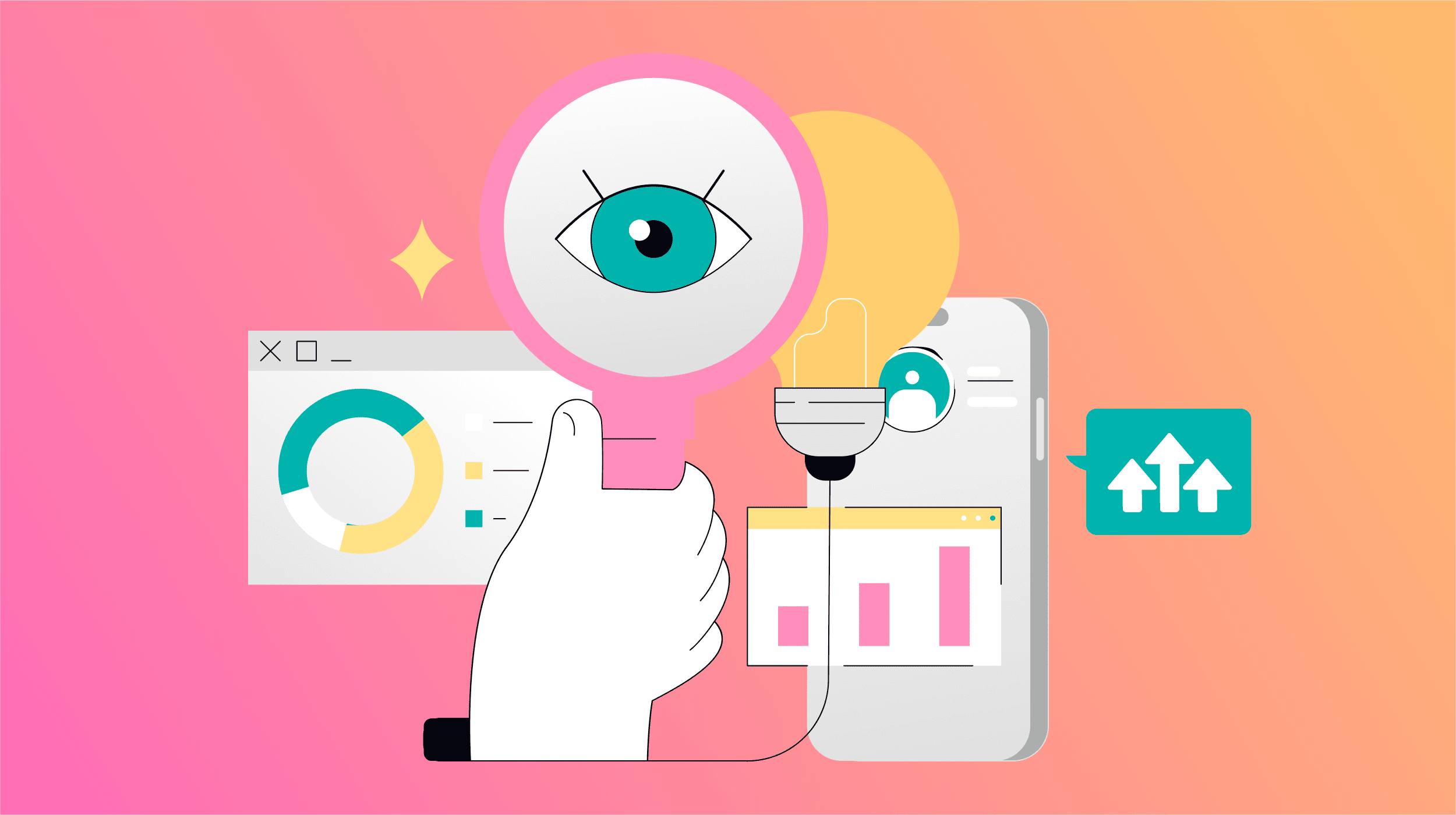Chaplain Alex Beth Schapiro Believes in the Healing Power of Community
The palliative care chaplain is currently working on bringing spiritual support into outpatient care teams to improve the experiences of patients and clinicians alike. The post Chaplain Alex Beth Schapiro Believes in the Healing Power of Community appeared first...
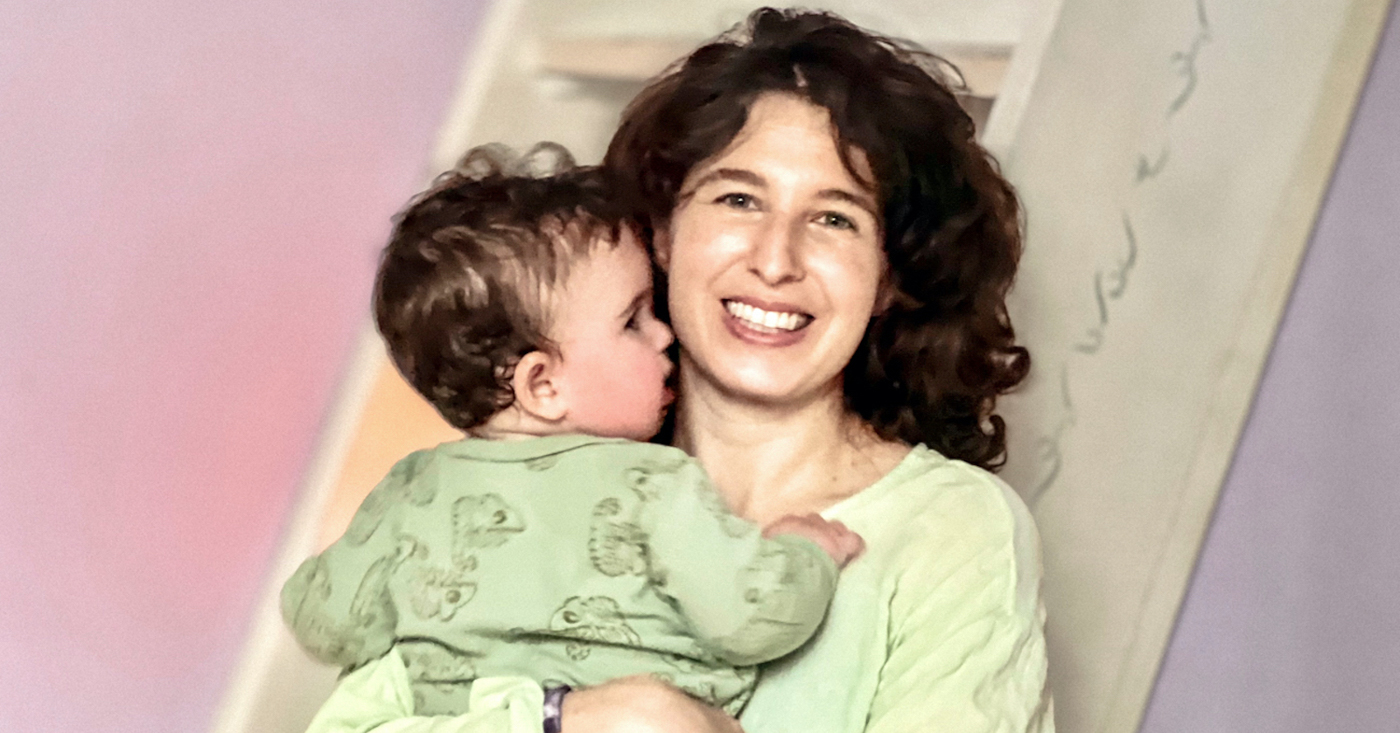
Community involvement has always been an essential part of chaplain Alex Beth Schapiro’s DNA. Having recently received a grant to weave spiritual care into a New Jersey health system’s outpatient support program, Alex is working with clinicians to cultivate a more collaborative approach and improve patient outcomes. Before they trained as a chaplain, Alex was a youth activist, a translator in China, an artist who created scent installations for a band they toured with, and an author.
Alex grew up in a Jewish family in Baltimore. While different family members were more or less involved in the religious aspects of their faith, from a cultural and community perspective, Judaism was very present in Alex’s upbringing. “I went to Hebrew school three days a week and we celebrated holidays—it was a very classic American Jewish upbringing.”
Alex is a third-generation Jewish Buddhist. Their great-uncle participated in the well-known Kripalu Center for Yoga & Health in Massachusetts from its very beginnings, and their aunt teaches insight meditation in Flagstaff, Arizona. This aunt gave young Alex their first taste of sitting during a family trip in Boca Raton (“I was a very angsty teenager”).
Now lay ordained in the Soto Zen lineage, Alex says that their Zen Buddhist practice is the contemplative part of their Jewish life. “I recently read something I really relate to: the idea that we’re all practicing Jews. It doesn’t matter how we practice; if we identify as Jewish, our very personhood is Jewish.”
Tell us about your path to chaplaincy. I had gone back to school and was studying philosophy at City University of New York when I was invited to join a group of students for sesshin with the New York Zen Center. On that first retreat, in 2013, Zen practice resonated with me like nothing else ever had. There was so much formality and ritual, and yet on the cushion I felt I had total freedom to be in my experience in a completely different way. It was very powerful.
That’s where I saw Trudi (Rev. Trudi Jinpu Hirsch-Abramson)—she was the first board-certified Buddhist chaplain, I think—walk across the room, and I was like, who is that? It turned out that she was an artist, a dancer, a Buddhist monk, and a chaplain, and she seemed to be quietly, humbly, and completely integrated in her own practice. I thought, Oh wow! Buddhist chaplaincy is a thing! I don’t think I even knew what a chaplain was outside of the military. I googled it, and it felt like the exact work I could see myself doing, the ethical integration I’d been looking for.
After that I was on a very clear path to train in and do this work. I pursued a master’s in pastoral care and counseling at the New York Theological Seminary in tandem with the New York Zen Center’s Foundations training. In this way, my spiritual life became very integrated with my vocational life—they came into my consciousness, my imagination, at exactly the same time.
I took my time doing CPE—Clinical Pastoral Education. The relational CPE work was really fabulous for me personally and professionally. My first and most formative clinical placement was in outpatient palliative care with an amazing group of clinicians, including Dr. Craig Blinderman, who is also a Zen practitioner. It was wonderfully collaborative; I got a glimmer of what it means when chaplains are an integrated part of a clinical team.
I’ve also done some additional training and psychoanalytic work. I think my training process has revealed the importance of community, of sangha, for me in this job. I really want and thrive with peer support—as you know, it can be isolating work. The importance of having that support has been on my mind a lot for all of us chaplains. I actively participate in two peer supervision groups.
What is your work? I work at Atlantic Health System in New Jersey. My colleagues and I received a two-year grant from the George Washington Institute for Spirituality and Health to bring spiritual care to ambulatory care settings in our system. It allows us to create more continuity of care, to see folks—we work with patients who have progressive neurological diseases—in an outpatient setting, and to look at a new financial model for how we might fund chaplaincy in these settings through ACOs, accountable care organizations. ACOs are basically consortiums of clinicians who negotiate with insurance companies to get better health outcomes by creating more holistic, integrative services for patients. Until now, though, ACOs have rarely incorporated spiritual care.
The idea is to beta test our work and then bring it to the whole system, not only people with serious or chronic illnesses, but everyone in an outpatient setting. What excites me about this project is being able to collaborate with more and more clinicians and to have chaplaincy be more fully embedded within the health-care system. Clinicians usually know when their patients are spiritually and existentially distressed, and yet they don’t necessarily have the bandwidth, resources, or training to address it. It would be easier for them to start that conversation if they knew there was a spiritual counselor they could refer the patient to.
I’m both managing the grant and this program, which is telehealth, and doing one day of clinical work in person with a palliative care consult team. It’s a combo platter.
What challenges do you face in your job? The health-care system is really hard on the folks that work in it. Just witnessing the suffering of a system that does not care for people equally—I struggle with trying to address gaps in care that wouldn’t be there if we were treating people properly. And in my per diem palliative care work, which I only do a few hours a week, it breaks my heart that we know so little about the spiritual lives and needs of our patients and their loved ones when they’re in these difficult situations.
What do you think about God? Is that a question I can ask you? Sure, you can ask me anything. I find myself saying more and more “thank Gods” and “God willings.” It feels right for me; I think that, as Jews, we have permission to be God-fearing and atheists.
Practically, how do you integrate your Zen path and your Jewish path? Do you find time to sit every day? I’d like to say yes…with an 8-month-old child, no. In our home, we also celebrate Shabbat. I think zazen and Shabbat are very similar contemplative practices, in the sense of both being sort of liminal, communal places where we connect with our ancestors and ancestral spaces. In our home, my partner, who was raised in an Orthodox Jewish family, and I practice both.
To my mind, calling in the ancestors during Shabbat feels quite similar to calling in the bodhisattvas for their support on sesshin. It’s been an access point into becoming comfortable finding a place for myself in Jewish practice in a more explicit way.
That said, zazen has changed my life at its core—it’s changed how I can be in this world. Soft belly practice allows me to do my clinical work and to be in relationship in a totally different way. I think the greatest thing about diving into Zen when I was training to be a chaplain is that now it’s like walking zazen all day long in my work in the hospital and on Zoom. Whether I can formally sit or not, the practice is always there. It’s always about pivoting, finding where my breath is, and centering it in my belly.
How does what you’ve learned in and through psychoanalysis inform your work as a chaplain? I think it’s helped me to listen in different ways—to listen symbolically to what a person is communicating. There’s also a piece of theology that I relate to about “growing down”; it was put forth by the archetypal psychologist James Hillman, who also happened to be Jewish. The idea is that we are all souls—perfect, complete, lacking nothing—that have to learn how to grow down into this world.
A related Jewish belief holds that while an embryo develops, the soul has an Angel that is teaching them all the mysteries and secrets, all the potential knowledge of the world. Right before they come out into the world, the Angel wipes them clean of that knowing—this happens above the lip, creating the physical philtrum. We come into the world thinking we know nothing and follow a process of remembering what we already know. I find this very resonant with a lot of Buddhist ideas.
Do you feel confident that chaplaincy is going to be the way that you share what you have to offer with the world? I feel so. It may take different forms, but it’s my primary professional practice. My big, big dream is to have an adult day center where people can come together, have a place to socialize, and be cared for by community. Connected to the day center would be an outpatient geriatric palliative care clinic for folks to see providers in a holistic way. It’ll take me a few decades to figure it out!
What have you learned about yourself? That I’m stubborn and a slow learner, and that rigor and form are good for me. And that it’s a choiceless choice: that’s how I once heard a Zen teacher speak about this path. If I could do something else, I might, yet after learning about this work, I found out that my great-great-grandmother Sarah and some other women in her community started the Brooklyn Hebrew Home for the Aged. She did hospice work! So in many ways this was a choiceless choice: my ancestors did this work, and I will honor them by continuing it.

 Aliver
Aliver 







